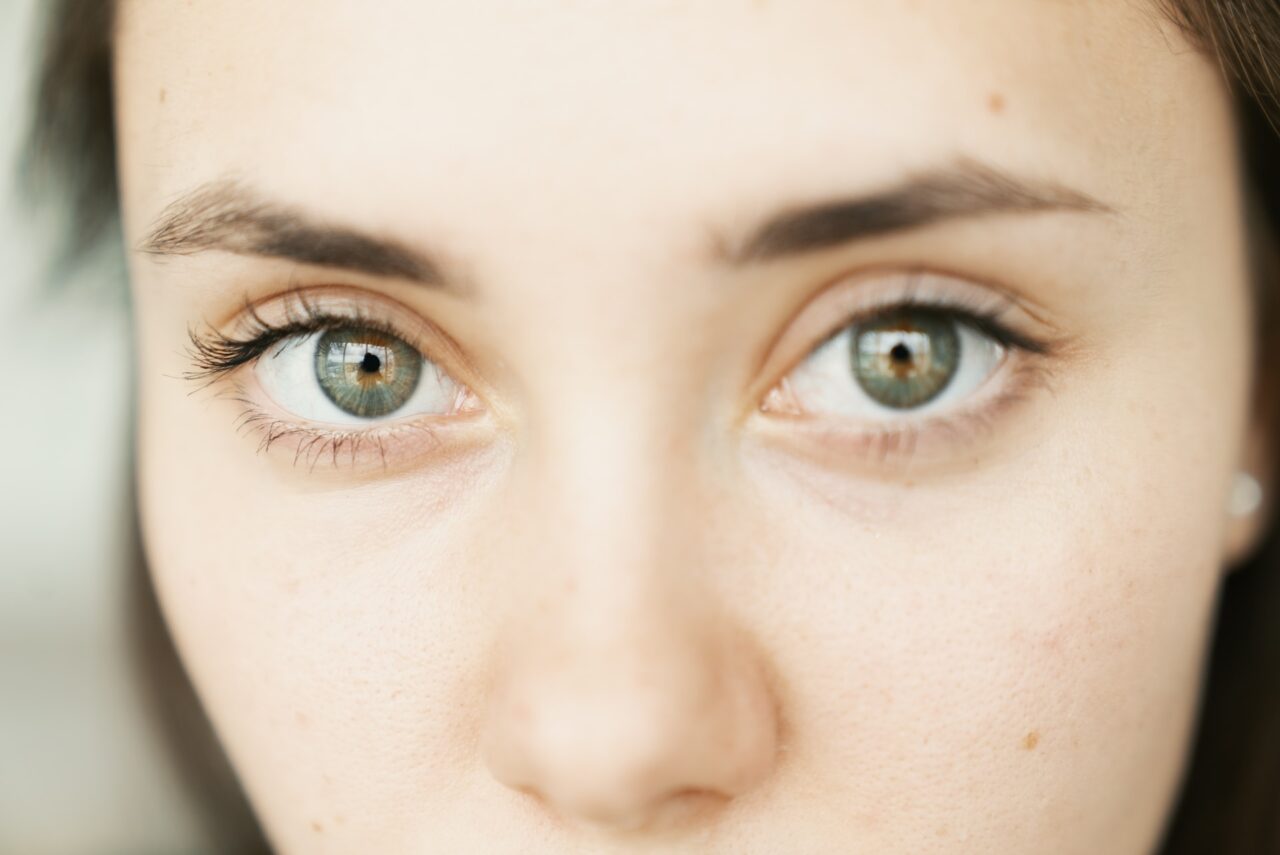Photo by JC Gellidon on Unsplash
The surfaces of a person’s eyes require constant and sufficient moisture and lubrication for proper function, continued nourishment and clear vision. When the eyes are unable to produce enough tears, the condition is called dry eyes and it can be uncomfortable to experience.
From the best eye hospital in the UAE, here are the essential tips for managing dry eyes.
1. Recognize the symptoms of dry eyes.
If you have ever experienced dry eyes, you know that they will feel uncomfortable. Generally, your eyes may also sting, burn, or feel scratchy. Other symptoms of dry eyes include stringy mucus in or around your eyes, sensitivity to light, eye redness, difficulty wearing contact lenses or driving at nighttime, watery eyes, or blurred vision.
If you are noticing prolonged signs and symptoms of dry eyes, then you want to make an appointment to see your doctor. During your appointment, a medical professional will be able to determine what is causing your dry eyes and whether or not you need treatments or to see an eye specialist in Dubai.
2. For moderate symptoms, try over-the-counter treatments.
If you are experiencing chronic dry eye, then you certainly want to start trying different treatments to see what works for you. Luckily, there are a variety of medications and procedures available on the market that can assist you in combating this condition. However, it is always recommended that you speak with your doctor to ensure that there is no underlying condition or external factor that is causing the discomfort. In some cases, other medications could be causing dry eyes.
Using artificial tears or Lubricant eye drops is one of the most common ways to treat dry eyes (particularly if you have moderate symptoms) as they moisten the eyes. Usually, these eye drops need to be applied several times a day to ensure your eyes stay well-lubricated.
Another option is to apply lubricant eye ointments which should be used before going to sleep as they can make your vision blurry.
3. For chronic symptoms, talk to your doctor about other options.
For individuals suffering from chronic dry eye, the issue is usually caused by another condition involving the eye’s oily glands, skin diseases, or allergies. If this is the case, then you want to speak with your doctor about possible prescription medication options. Usually, these will come in the form of eye drops or oral medications and will help to decrease your eyelid inflammation. In some cases, your doctor may prescribe anti-inflammatory antibiotics as these will help to spur oil production around your eyes.
A frequent problem with Dry Eyes is Meibomian (oily) Gland Dysfunction – this means that the small glands sitting deepermost in the lids just under the inner lid surface, and whose tiny openings we see as a row of dots behind our upper and lower eyelash roots, are not working well. The oil becomes degraded and thickened so that it does not spread well over the eyeball surface while blinking, or does not reduce friction of the eyelid sliding onto the eyeball very well. This will often lead to a sensation of pressure or heavy eyes, and even grittiness with difficulty to wake up after sleep. This degraded oil and the usual skin remnants at the eyelash roots can form deposits among the lash roots, often leading to irritation and even styes. This condition deteriorates to become Seborrhoeic Blepharitis, often with crusts and plugs in the glands
Alternatively, another option is to use eye inserts that go into your eyes in the same way that contact lenses do. These small, clear tubes release medication throughout the day to ensure your eyes stay moist. In some cases, your eye doctor may recommend semi-permanent or permanent closure of the lower draining tear duct. This is a long-term solution that enables you to keep your natural tears for a more extended period before their evaporation.
4. Avoid situations that cause your dry eyes.
Once you recognize the situations that are prone to producing dry eye symptoms, you can then look for ways to avoid them with the hopes of preventing (or decreasing) your dry eye symptoms. Prevention is an integral part of managing dry eyes. For example, avoid blowing hair dryers, car heaters, air conditioners, or fans toward your eyes and opt to use a humidifier in your home to increase moisture in the air. Rearranging furniture or desks to avoid air conditioned air blowing right onto your face may help, if practically possible.
Do not forget to do a thorough eyelid cleaning effort for a few seconds at the end of every shower, or facewash time at the basin. This should include a sliding “Massage” motion along the eyelash roots – kept together on closed eyes – using the foam of the face wash or shower wash foam. Only five to ten seconds of “ruffling the eyelash roots” should be enough to loosen and remove whatever debris or makeup remnants remained. This massage should – if done well – also help to move old oil out of the Meibomian glands’ orifices onto the eyeball, and thus create space in the glands for fresh oil to be replenished by the body. Thinner fresher oil lets the eyelids slide smoother over the eyes, with less friction – and the redness thus calms down too.
When you are consumed with tasks that require significant visual concentration (such as reading or working on your computer), remember to take frequent eye breaks where you close your eyes for a few minutes. There is a “20-20-20-rule” whereby you could look up from your screen every 20 minutes to defocus your view at least 20 feet (6m) away, for at least 20 seconds, while actively blinking hard every few seconds. This helps release / relax your near focus, and can help with relieving nearview strain, too. Speaking of your computer, you want to position the screen below eye level so that you don’t need to open your eyes as wide; this will slow down the evaporation of your tears.
If you are in desert areas, airplanes, or high altitude environments where the air is particularly dry, make sure to periodically shut your eyes for a few minutes at a time to reduce evaporation of your tears. It would help if you also blinked hard repeatedly for a few seconds to ensure your tears are being spread evenly over your eyes. Smoke is another cause of dry eye symptoms, so look for ways to quit smoking and avoid people who are, or avoid smoke-filled rooms.
Final Thoughts
If you are struggling with dry eyes, then you must reach out to the best eye doctors in Dubai so that you can start to alleviate the symptoms. Not only is it uncomfortable for you, but, if neglected, chronic dry eye syndrome can harm the eye surface tissue and likely scar the cornea of your eyes. While there is at times no cure, you can relieve the symptoms and decrease your chances of complications, often with simple maintenance measures.
Since 2002, Gulf Eye Center has been considered a leading eye center in Dubai thanks to the highly qualified ophthalmologists, optometrists, and ODs that successfully treat an extensive array of eye ailments by utilizing the most advanced techniques. If you are suffering from dry eye symptoms or some other eye-related condition, reach out today to make an urgent appointment for a consultation with an eye doctor.




